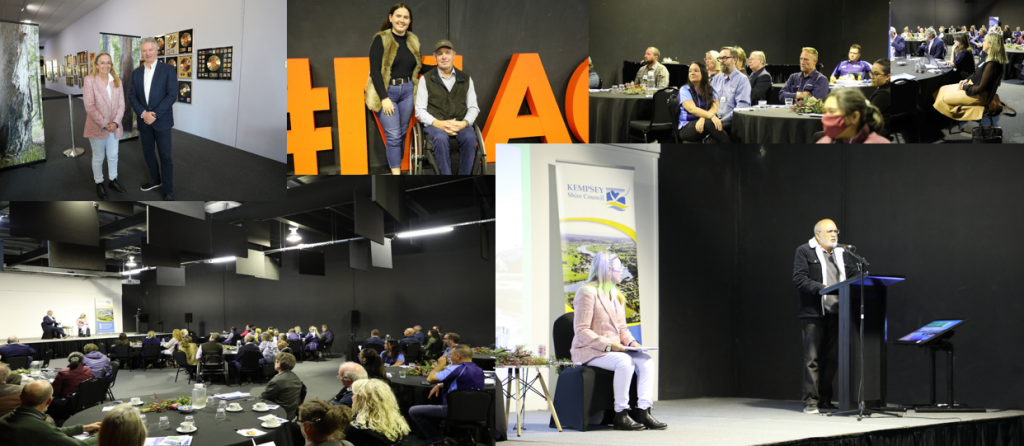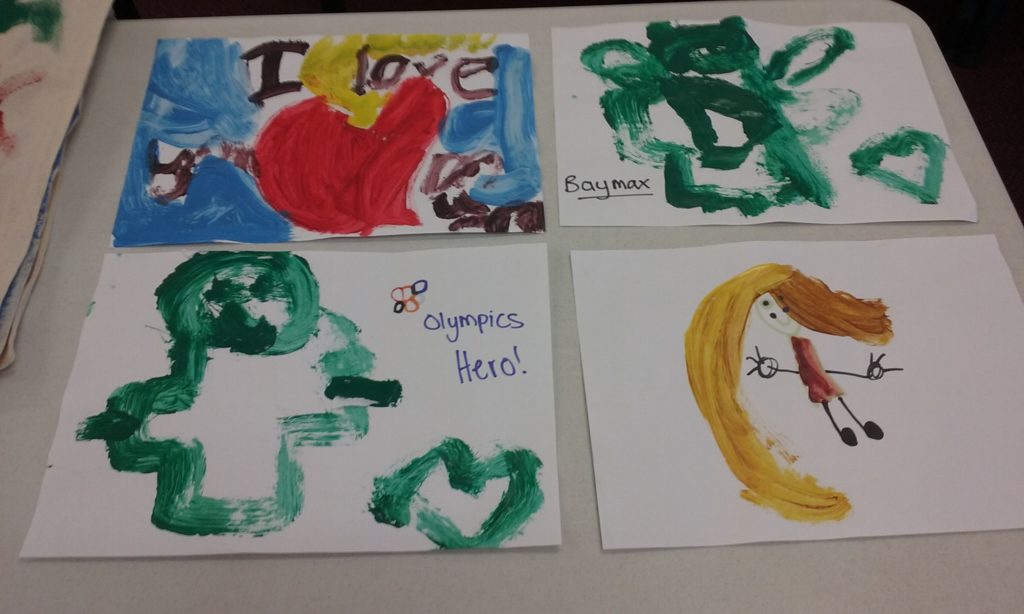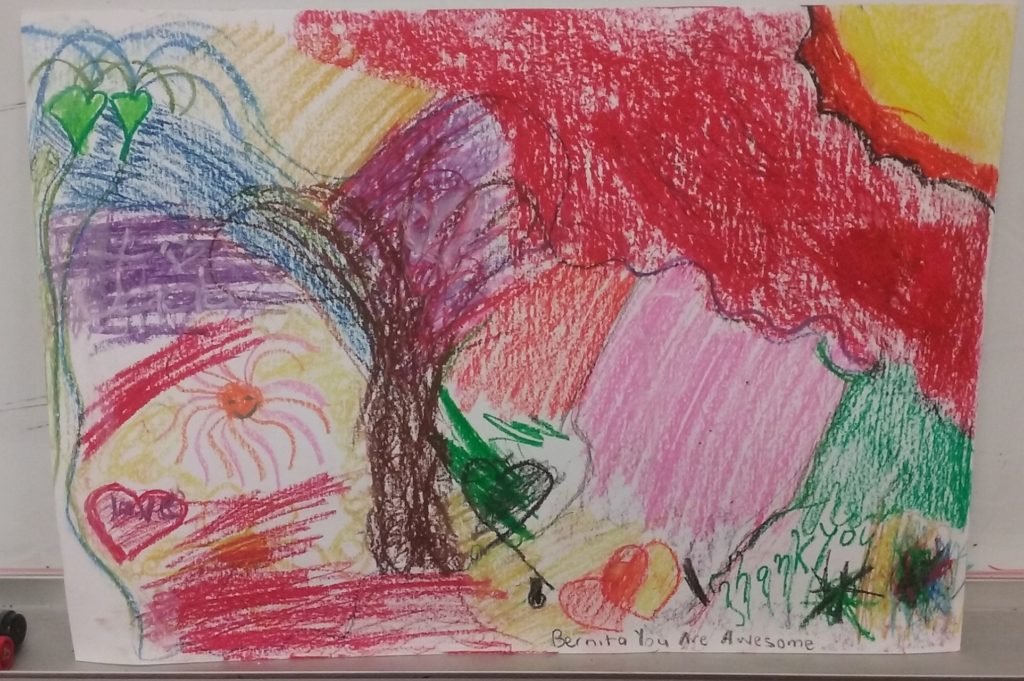Foundation for Rural & Regional Renewal (FRRR)
Earlier this year, the FRRR team heard directly from Kempsey Shire Council, who had recently received a $56,960 grant for the Macleay Valley River to the Sea Festival through the Future Drought Fund’s Networks to Build Drought Resilience program, co-funded by the Australian Government and a private donor.
The festival was a creative way to increase opportunities for diverse people and communities to participate in networking events. A series of farm gate tours was also a great way to improve regional branding and recognition of local food agri-systems. The festival built knowledge and understanding of the risks posed by drought and climate change through workshops for primary producers and broadly contributed to building a positive community culture and strengthened connections.
The Kempsey Shire Council presentation also highlighted the broader impact of floods. Having experienced 19 climate disasters in a decade, Kempsey was labelled ‘the most disaster-prone region in Australia’ by The Australian in 2019. Since then, there have been four flooding events, with three of them taking place in 2022 alone.
The Council team shared that an increasing number of farms were at risk of closure due to recent flooding events with around 45% of cattle in the lower Macleay leaving the shire due to continued wet and a 25%-35% loss of avocado trees. On top of that, there were large scale loss of oysters, flower production was impacted and mud fever, foot abscesses, slips and trips all became more common in horses.
The presentation gave a raw and up-to-date glimpse into the challenges being faced by those in the agricultural sector. It also highlighted that to be sustainable both economically and environmentally, change is needed. For agriculture to thrive, communities and agribusiness must be given the tools and resources they need to adapt.
The Macleay Valley River to the Sea Festival was a great example of this kind of opportunity in action, allowing farmers to share their stories and raise awareness around the positive on-farm diversification being achieved in environments impacted by climate change.

Content warning: this article deals with sensitive themes including domestic violence that might be disturbing for some audiences.
The effects of domestic violence on children are well documented, yet often there are no systems in place to support these kids who witness the physical and /or sexual and emotional abuse, threats, and aftermath of such incidents.
These kids are often fearful and anxious, always on guard waiting for the next event to occur. They never know what will trigger the abuse, and therefore, they never feel safe. And children who grow up with abuse are expected to keep the family secret, sometimes not even talking to each other about the abuse.
FRRR’s Innovation for Community Impact (I4CI) program supports innovative responses to domestic and family violence, mental health, education disengagement, criminal behaviour, and unemployment in NSW. It is a unique partnership between philanthropy, local communities and government to tackle some of NSW’s most pressing social issues.
Speak Out 4 Kids project, coordinated by the Kempsey Family Support Services in the Nambucca Local Government Area, received a $45,000 I4CI grant to help deliver an eight-week program called Kidz Group for children aged between 8-12 years who have experienced living with or being exposed to domestic violence and are no longer in that environment.
Whether or not children are physically abused, they often suffer emotional and psychological trauma from living in domestic violence situations. Because they’ve grown up in an environment in which one person uses intimidation and violence over the other person to get their way, children learn that violence is an effective way to resolve conflicts and problems.
With this understanding, it’s easy to see how the cycle is perpetuated.
Over the course of 12 months, 20 children and their caregivers attended the Kidz Group program and engaged with specialist staff to address the impacts of domestic violence.
Four programs, each 8 weeks long, delivered intensive therapeutic support, helping the children to learn protective behaviours and safety strategies, and build their self-esteem, confidence and resilience. They were also encouraged to explore and share their feelings and thoughts on the impacts of domestic violence, and most importantly, have fun and meet new friends in a safe environment.
The families of these children were offered support and referrals to external agencies as identified, and provided with ongoing support while their children were engaged in the groups.
At the end of the program, the feedback from participants was overwhelming. One 10 year old boy said, “Coming to this group has made me realise I can be myself, and not act the way my dad did towards my mum.” Another 9 year old boy said, “If I didn’t come to this group, I wouldn’t be able to talk about my feelings.”
Unanimously, one of the biggest learnings for the kids was that it’s ok to say how they feel.
This grassroots program is a great example of a support service that was needed specifically in this area. For the 20 families participating in the program, it has made a real impact on their day-to-day lives and created a more positive outlook for the future. The behavioural changes that resulted from the program were also noted by caregivers, with one grandmother commenting, “X has really enjoyed going and I have seen a huge improvement in his attitude towards me, school and his siblings.” Another mum said, “I feel my child has realised his behaviour towards me is not ok.”
The partnerships with existing services across the Nambucca LGA were strengthened with the Speak Out 4 Kidz team, with particular focus on the Nambucca / Bellingen Family Support Services and the local education units and the Nambucca Valley Domestic Violence Monitoring Committee.
This project has resulted in enhancement of the capacity for local services to deliver support to women and children impacted by domestic violence, thanks to improved information flows, referrals and new partnerships and training for local staff, which will enable the project to continue after this funding cycle.



